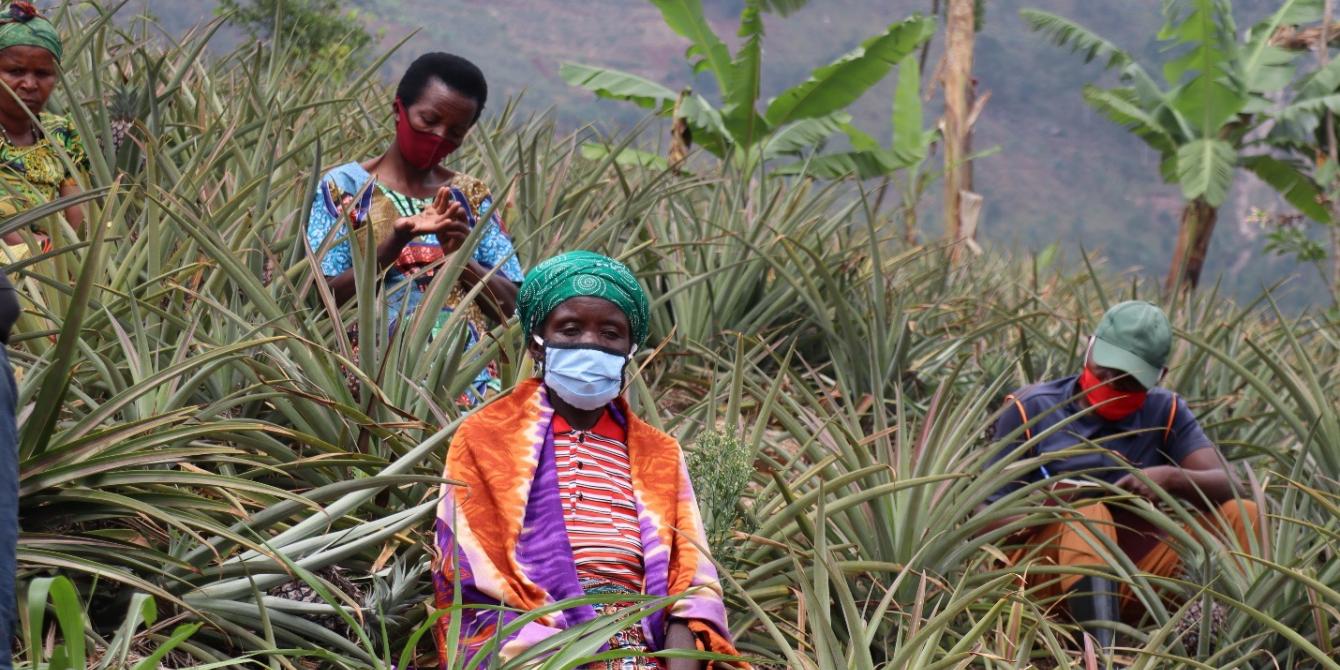
Rwandese Smallholder Horticulture Farmers Worst Hit by COVID-19
MARKUP Partner Oxfam Rwanda has conducted a study on the impact of COVID-19 on smallholder horticulture farmers.
Farmers in fruits, flowers, and vegetable farming were most hardly hit by the lockdown following the pandemic, as they had nowhere to sell their produce. Their products were mostly sold to hotels and restaurants, and during the lockdown people had other priorities when buying food than vegetables and fruits. Horticultural exports such as green beans and flowers came to a standstill as all passenger flights were cancelled.
48.3% of horticulture farmers indicated that they faced challenges to access the markets for selling their produce or buying planting materials due to movement restrictions during this period, which coincided with the best planting season for horticulture produce.
The rapid assessment conducted by Oxfam in Rwanda revealed that the Economic Recovery Fund (ERF) set up by the Rwandan government in June 2020 was more geared towards the needs of SMEs and businesses that are integrated into formal networks and systems than to the specific needs of horticulture smallholder farmers, especially women and SMEs with low borrowing capacity. These groups were immediately faced with cash flow challenges as their markets broke away, and some of them were not able to service their loan obligations. These challenges have economic impacts until today, and the whole value chain needs strategic innovations in the future. Policy makers and the private sector should take these challenges into consideration and see this situation as an eye-opener and opportunity for what could have been done better to save the horticulture value chain.

MARKUP in Rwanda whose aim is to increase exports of agribusiness and horticultural products will join in the support of horticulture farmers and SMEs involved in agribusiness to help them recover the losses caused by COVID-19 and continue business in a smooth way.